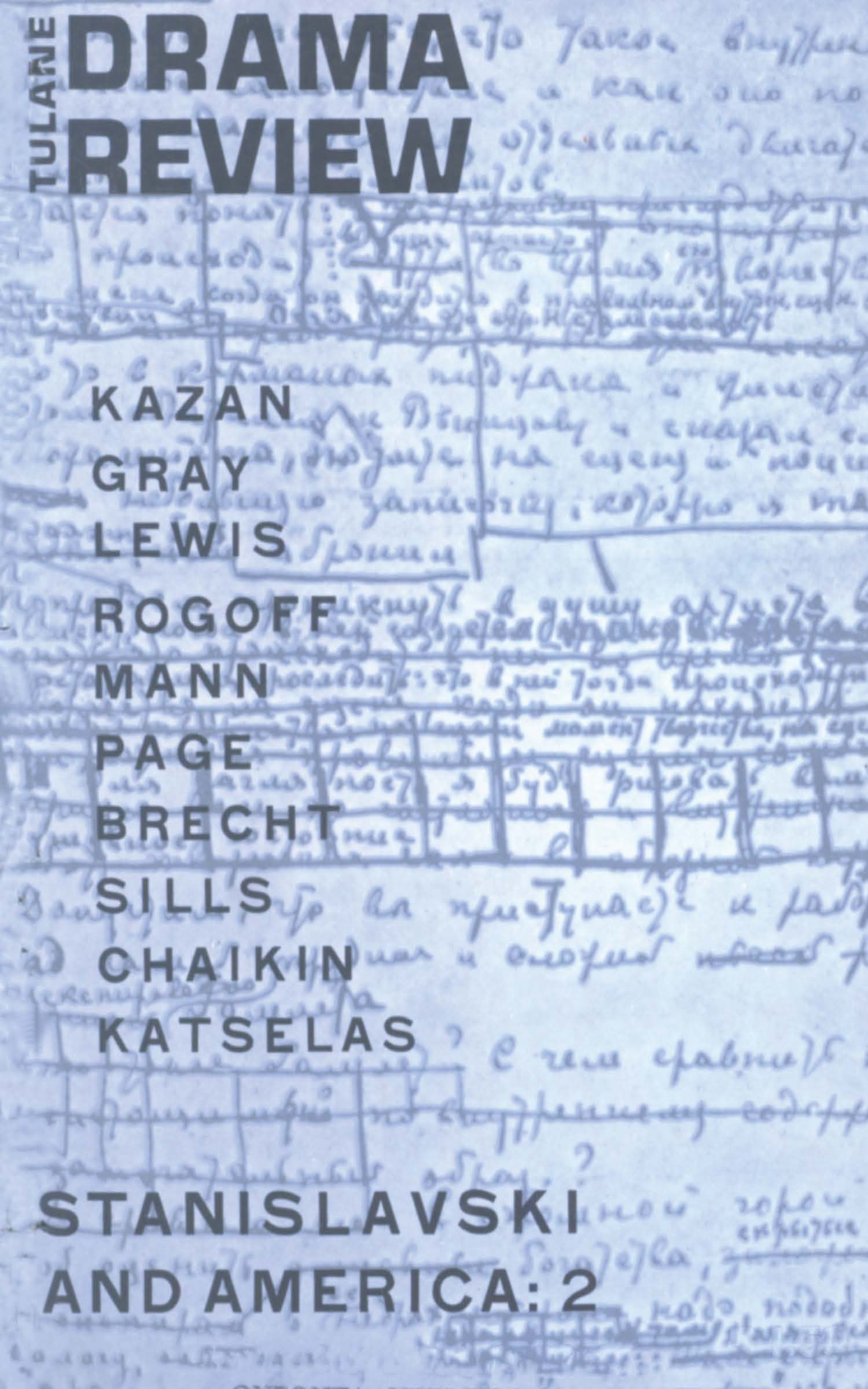No CrossRef data available.
Article contents
Lorca: The Puppets and The Artist
Published online by Cambridge University Press: 14 February 2022
Extract
It is quite natural for us to wonder why a great poet such as Lorca should devote so much energy and interest to a form of drama which in English-speaking countries is limited almost exclusively to the amusement of children. The reasons are several but simple. In Spain, as in other Mediterranean countries, puppet theatre is still a popular form of drama. That is to say, it is performed at fairs, festivals, and even in its own well established theatres—and performed for a general audience. And this holds true for both the major puppet traditions in the Spanish theatre: the violent Punch and Judy-like drama in which plot, theme, even logic are sacrificed to the brouhaha, as well as the more complex, romantic, musical, and somewhat narrative genre. In the romantic genre one finds three general approaches to the action.
- Type
- Research Article
- Information
- Copyright
- Copyright © The Tulane Drama Review 1962
References
1 For a clear picture of the dramatic conventions of the Spanish puppet play, I recommend reading and listening to Manuel de Falla's El Retablo de Maese Pedro, available on Angel recordings with English translation of the libretto.
2 All quotations from The Puppet Farce of Don Cristóbal and The Tragicomedy of Don Cristóbal are translated by the author. Complete translations of The Spell of the Butterfly; The Tragicomedy; Chimera; Buster Keaton's Constitutional; The Lass, The Sailor and The Student; and The Puppet Farce of Don Cristóbal are available in the Master's thesis by the author, A Translation and Critique of Six plays by Federico Garcia Lorca (Cornell University Library, Ithaca, 1955). Also, my translation of The Tragicomedy of Don Cristobal appeared in New World Writing, Vol. 8, October, 1955.




